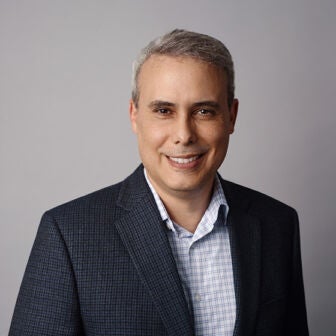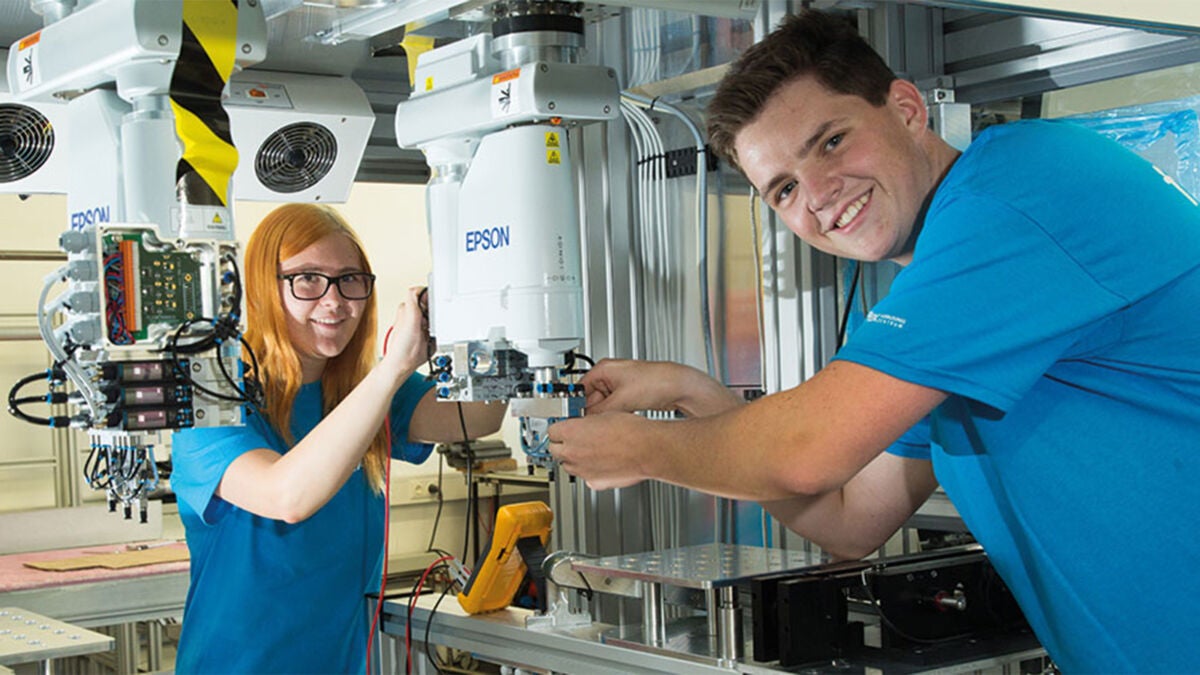Looking to the next generation of manufacturing talent
At Flex, we recognize that development programs are one of the most effective ways to raise interest in manufacturing careers while providing talent with the skillsets and opportunities that they want.
Internships and co-op programs provide students with invaluable real-world knowledge and networking opportunities, allowing them to gain experience in practical settings. And companies like Flex benefit from fresh perspectives and a talent pipeline, ensuring that we are not only filling positions but cultivating future leaders at our company.
Our leadership team also makes it a priority to meet with interns and get to know them; I personally have had the honor of participating in these career growth coffee sessions to both learn from and guide the manufacturing industry’s future generation. Besides internships, we also hire students for co-op programs, which are longer-term four-to-six-month positions that are a part of the student’s degree plan or graduation requirement.
Apprenticeships are another powerful tool in workforce development. Like internships and co-ops, these programs allow participants to earn while they learn, gaining industry-recognized credentials that enhance their employability. For organizations, apprenticeships provide customized training tailored to specific needs, resulting in increased retention rates.
A prime example is our apprenticeships in Althofen, Austria, which provide participants with experience across a broad range of roles including electrical engineers, electronics and metals technicians, mechatronics, and industrial clerks and buyers.







